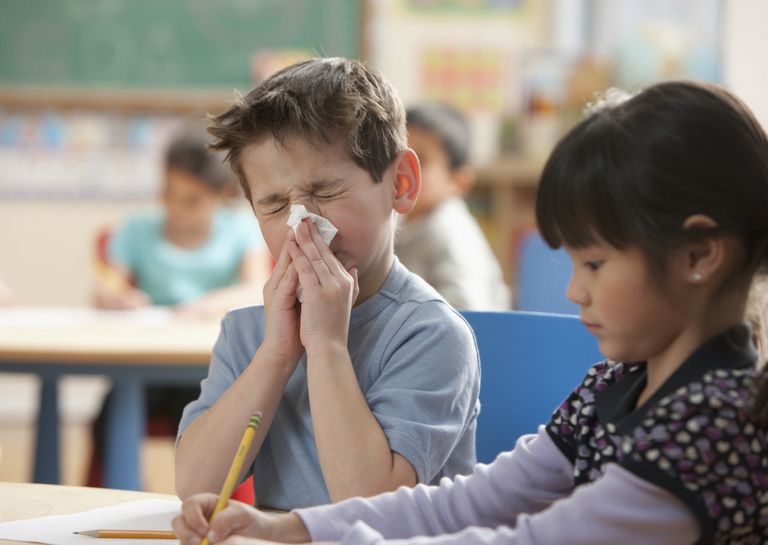Many people suffer from allergies, and it can be a source of frustration, irritation, and pain. While adults understand the effects of an allergy, it can be difficult for children to cope with. Take hay fever, for example. It produces itchy, watery eyes and sneezing due to the body trying to fight off pollen grains as if they are attacking the immune system. Adults will know that they should avoid rubbing the eye area as they may swell and become even worse. However, for a child, scratching the area can be impossible to resist. Similarly, conditions such as eczema are made worse by scratching the dry areas of skin.

While prescription and over-the-counter medications are the first port of call for severe allergy sufferers, if you have children who suffer from minor allergies, these tips may be helpful to relieve symptoms.
1. Apply Cool Packs
When an area of the body swells through inflammation, such as puffy eyes, applying something cool may help to reduce the effects. You can buy cool packs to keep in the fridge or freezer that are designed for skin application, or you can use a small bag of frozen vegetables wrapped in a towel. Never apply directly to the skin without wrapping first as it can cause ice burns.
2. Dry Laundry
If you dry your laundry outside, you may be trapping pollen grains and other allergens within the fibers. Try drying your children’s clothing and bedding inside to reduce their exposure to allergens in the outdoor environment. However, if your allergies are caused by indoor factors, such as dust, drying laundry indoors could make some allergies worse.
3. Keep a Food Diary
Get into the habit of writing down what your child eats throughout the day. This helps to build up a picture over time so that when you notice their allergy symptoms are worse, you are able to look back through the food diary and see if there are any foods that could be triggering an allergic reaction. For example, you might notice that cow’s milk is always present in the diary on the days when your child develops a rash. Once you have singled out a problem food or drink, you can cut it out of the diet or replace it, such as getting milk from a camel milk farm instead of the grocery store.
4. Talk to your Children
If your child has an allergy that stops them from normal activities, like playing outside with their friends, it can be a source of frustration and upset. Keep an open dialogue with your child so that they understand what is happening in their body, and that it is ok to feel angry sometimes. Try to have other things for your child to do instead, or have play dates at home where allergy symptoms are more manageable.
It is not nice for any parent to see their child’s quality of life being affected by an allergy, and although they can often be managed by medicines, it is not ideal. One positive thing is that childhood allergies often become less severe as they get older. In the meantime, help them manage by following the advice from your doctor and trying out some of these tips.
If you want to learn more about our blog, please click here.
